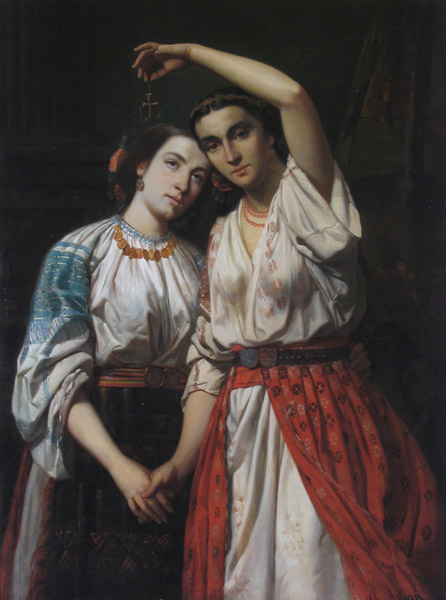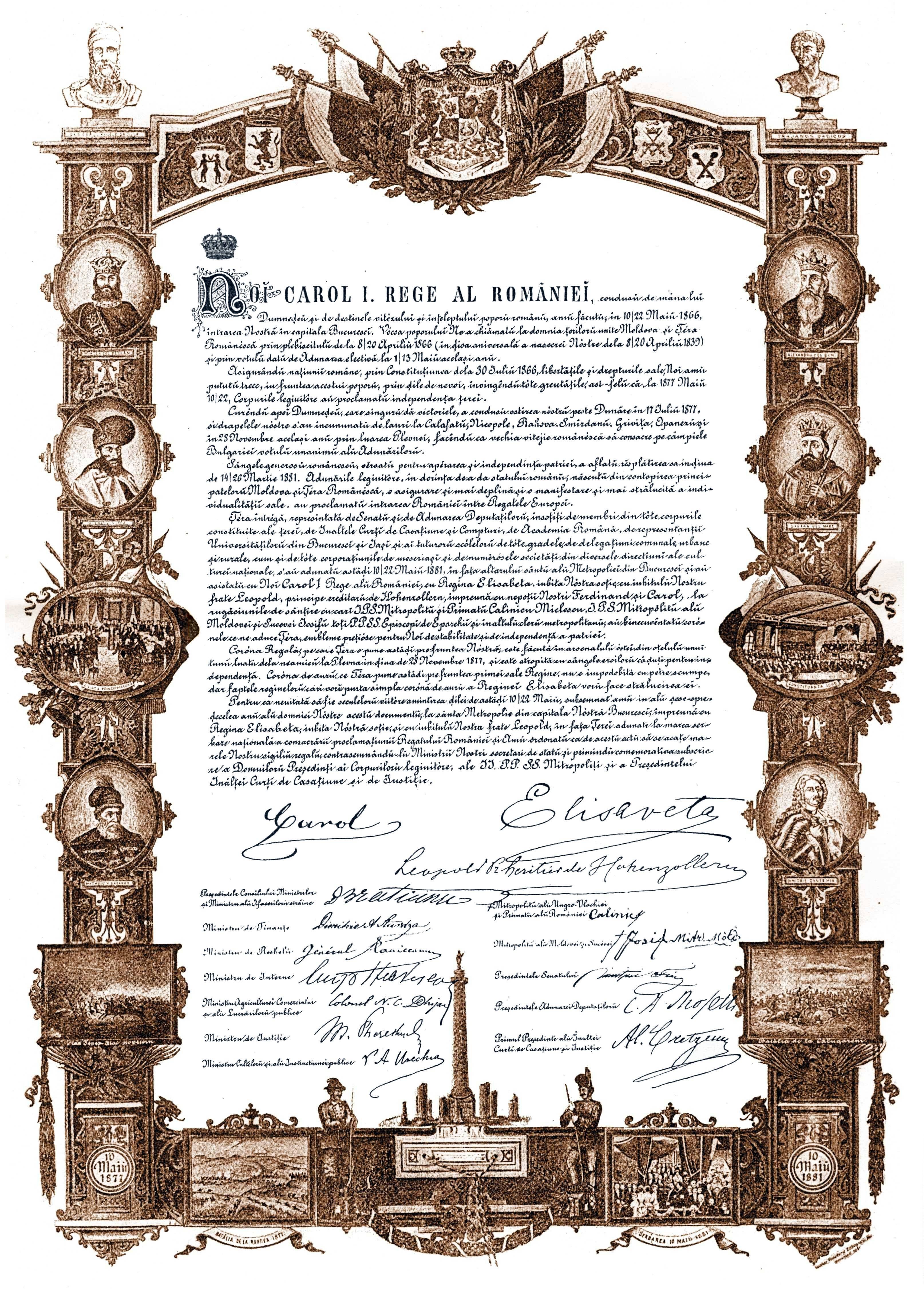|
Ludvík Krejčí
Ludvík Krejčí (17 August 1890 – 9 February 1972) was a Czechoslovak army general and legionary of the First World War. Biography Early life and World War I He was born on 17 August 1890 in Brno-Tuřany, near Brno, as the youngest of eight children in a peasant family. He graduated from the Vyškov grammar school and was accepted to the Higher Forestry School in Písek. After graduating, he was drafted into full-time military service in 1910 as a one-year volunteer with the 8th Regiment in Brno. In 1911 he became a forest assistant of the state forests in Nuštar. He was therefore transferred to the reserve of the 4th Regiment and to which he was called before the Austrian mobilization on 28 July 1914 and fought with it in Kingdom of Serbia, Serbia, Kingdom of Montenegro, Montenegro, and Principality of Albania, Albania. In May 1916, he was briefly transferred with the battalion as company commander to Kingdom of Italy, Italy and then to Kingdom of Romania, Romania. There, aft ... [...More Info...] [...Related Items...] OR: [Wikipedia] [Google] [Baidu] |
Brno
Brno ( , ; ) is a Statutory city (Czech Republic), city in the South Moravian Region of the Czech Republic. Located at the confluence of the Svitava (river), Svitava and Svratka (river), Svratka rivers, Brno has about 403,000 inhabitants, making it the second-largest city in the Czech Republic after the capital, Prague, and one of the List of cities in the European Union by population within city limits, 100 largest cities of the European Union. The Brno metropolitan area has approximately 730,000 inhabitants. Brno is the former capital city of Moravia and the political and cultural hub of the South Moravian Region. It is the centre of the Judiciary of the Czech Republic, Czech judiciary, with the seats of the Constitutional Court of the Czech Republic, Constitutional Court, the Supreme Court of the Czech Republic, Supreme Court, the Supreme Administrative Court of the Czech Republic, Supreme Administrative Court, and the Supreme Public Prosecutor's Office, and a number of state ... [...More Info...] [...Related Items...] OR: [Wikipedia] [Google] [Baidu] |
Kingdom Of Serbia
The Kingdom of Serbia was a country located in the Balkans which was created when the ruler of the Principality of Serbia, Milan I of Serbia, Milan I, was proclaimed king in 1882. Since 1817, the Principality was ruled by the Obrenović dynasty (replaced by the Karađorđević dynasty for a short time). The Principality, under the suzerainty of the Ottoman Empire, ''de facto'' achieved full independence when the very last Ottoman troops left Belgrade in 1867. The Treaty of Berlin (1878), Congress of Berlin in 1878 recognized the formal independence of the Principality of Serbia, and in its composition Nišava District, Nišava, Pirot District, Pirot, Toplica District, Toplica and Vranje districts entered the Southern and Eastern Serbia, South part of Serbia. In 1882, Serbia was elevated to the status of a kingdom, maintaining a foreign policy friendly to Austria-Hungary. Between 1912 and 1913, Serbia greatly enlarged its territory through engagement in the First Balkan War, Fi ... [...More Info...] [...Related Items...] OR: [Wikipedia] [Google] [Baidu] |
Radola Gajda
Radola Gajda, born as Rudolf Geidl (14 February 1892 – 15 April 1948) was a Czech military commander and politician. Early years Geidl's father was an officer in the Austro-Hungarian Army based in Kotor. His mother was a poor Montenegrin noblewoman. Later, the family moved to Kyjov, Moravia, where Geidl studied at a secondary grammar school. In 1910 he went through one year of compulsory military service in Mostar. Afterwards Geidl left for the Balkans and likely took part in the Balkan Wars (1912–13). At the start of World War I he re-joined the Austro-Hungarian Army and served in Dalmatia and Sarajevo. In September 1915 he was taken prisoner in Višegrad, Bosnia. Legions Immediately after his capture, Geidl switched sides and was commissioned as a captain in the Montenegrin Army. Having some experience as an apothecary, he pretended to be a physician. Following the collapse of the Montenegrin Army in 1916, Gajda escaped into Russia where he joined a Serbian battalion as ... [...More Info...] [...Related Items...] OR: [Wikipedia] [Google] [Baidu] |
Ukrainian People's Republic
The Ukrainian People's Republic (UPR) was a short-lived state in Eastern Europe. Prior to its proclamation, the Central Council of Ukraine was elected in March 1917 Ukraine after the Russian Revolution, as a result of the February Revolution, and in June, it First Universal of the Ukrainian Central Council, declared Ukrainian autonomy within Russia. Its autonomy was later recognized by the Russian Provisional Government. Following the October Revolution, the Central Council of Ukraine denounced the Bolsheviks, Bolshevik seizure of power and Third Universal of the Ukrainian Central Council, proclaimed the Ukrainian People's Republic with a territory including the area of approximately eight Russian imperial governorates (Kiev Governorate, Kiev, Volhynia Governorate, Volhynia, Kharkov Governorate, Kharkov, Kherson Governorate, Kherson, Yekaterinoslav Governorate, Yekaterinoslav, Poltava Governorate, Poltava, Chernigov Governorate, Chernigov and Podolia Governorate, Podolia). It F ... [...More Info...] [...Related Items...] OR: [Wikipedia] [Google] [Baidu] |
Bakhmach
Bakhmach (, ) is a city located in Nizhyn Raion of Chernihiv Oblast (province), in northern Ukraine. It hosts the administration of Bakhmach urban hromada, one of the hromadas of Ukraine. It has a population of In 2025 the population is 16,300 people. History Bakhmach was first mentioned in 1147 in the Hypatian Codex. Rapid development began in the 1860s and 1870s when the Libau–Romny Railway line nearby was under construction. The Battle of Bakhmach () was fought between the Czech legion in Russia, and German forces occupying Ukraine. Following a Legion victory, the Germans negotiated a truce. In January 1919, the city was the site of battles between the invading Bolsheviks forces and the Chornomorska Division, which was attempting to keep the Left-bank Ukraine under the control of the army of the Ukrainian National Republic (UNR). During World War II, Bakhmach was under German occupation from 13 September 1941 and was liberated 9 September 1943 by the 75th Guards Ri ... [...More Info...] [...Related Items...] OR: [Wikipedia] [Google] [Baidu] |
Battle Of Bakhmach
Battle of Bakhmach (''Bitva u Bachmače'' in Czech), was one of the last battles on the Eastern Front in World War I between the Entente-backed Czechoslovak Legion, Soviet Russia and the Central Powers occupying Ukraine after the Treaty of Brest-Litovsk. The battle lasted from March 8 to March 13, 1918, over the city of Bakhmach (Бахмач), today in Ukraine and was the last engagement in World War I for the Soviets. Following a Legion victory, the Germans negotiated a truce. Prelude On 3 March 1918, Russia, controlled by the Bolsheviks, signed the Treaty of Brest-Litovsk with Germany, in which it gave up control over Ukraine. On 8 March, German troops reached Bakhmach, an important rail hub, and in doing so threatened the Czechoslovak Legion with encirclement. The threat was especially grave since captured legionnaires were summarily executed as traitors of Austria-Hungary. The 6th "Hanácký" and 7th "Tatranský" Rifle Regiments, together with the Assault battalion ... [...More Info...] [...Related Items...] OR: [Wikipedia] [Google] [Baidu] |
Imperial Russian Army
The Imperial Russian Army () was the army of the Russian Empire, active from 1721 until the Russian Revolution of 1917. It was organized into a standing army and a state militia. The standing army consisted of Regular army, regular troops and two forces that served on separate regulations: the Cossacks, Cossack troops and the Islam in Russia, Muslim troops. A regular Russian army existed after the end of the Great Northern War in 1721.День Сухопутных войск России. Досье [''Day of the Ground Forces of Russia. Dossier''] (in Russian). TASS. 31 August 2015. During his reign, Peter the Great accelerated the modernization of Russia's armed forces, including with a decree in 1699 that created the basis for recruiting soldiers, military regulations for the organization of the a ... [...More Info...] [...Related Items...] OR: [Wikipedia] [Google] [Baidu] |
Borispol
Boryspil (, ) is a city and the administrative center of Boryspil Raion in Kyiv Oblast (region) in northern and central Ukraine. It hosts the administration of Boryspil urban hromada, one of the hromadas of Ukraine. The population was estimated as Name Official sources state that the city is named after Prince Boris, of Boris and Gleb, two sons of Vladimir the Great, who were both murdered during the internecine wars of 1015–1019. According to Petro Tronko in his History of cities and villages in Ukrainian SSR, the locality where Boryspil is located was named as "Borysove pole" (Borys's field) when in 1015 a son of Vladimir the Great Borys returning from another raid against Pechenegs died from hands of hired assassins. Others state that the name of the city is of the Greek origin; it consists of two parts ''Borys'' from Borysthenes (the Greek name for Dnieper) and ''Pil'' from Polis (the Ukrainized version of the Greek word). The city also has a sister city, Hopkins, Min ... [...More Info...] [...Related Items...] OR: [Wikipedia] [Google] [Baidu] |
Focșani
Focșani (; ) is the capital city of Vrancea County in Romania on the banks the river Milcov, in the historical region of Moldavia. , it has a population of 66,719. Geography Focșani lies at the foot of the Curvature Carpathians, at a point of convergence for tectonic geologic faults, which raises the risk of earthquakes in the vicinity. Though Vrancea County is one of the most popular wine-producing regions in Romania, Odobești being just to the northwest, in Romania, Focșani itself is not considered a wine-producing center. The wine sold as ''Weisse von Fokshan'' in Germany and some other European countries is generally a ''Fetească Albă de Odobești'' wine, and practically a second-rated wine which does not comply to the European Union rules of naming the regions of origin of wines. The vicinity is rich in minerals such as iron, copper, coal, and petroleum. The city administers two villages, Mândrești-Moldova and Mândrești-Munteni. Focșani lies within the strate ... [...More Info...] [...Related Items...] OR: [Wikipedia] [Google] [Baidu] |
Odobești
Odobești () is a town in Vrancea County, Western Moldavia, Romania. The town administers one village, Unirea. The town is located in the central part of the county, on the banks of the Milcov River, northwest of the county seat, Focșani Focșani (; ) is the capital city of Vrancea County in Romania on the banks the river Milcov, in the historical region of Moldavia. , it has a population of 66,719. Geography Focșani lies at the foot of the Curvature Carpathians, at a point of .... Natives * Ioana Badea (born 1964), rower * Mara Đorđević (1916–2003), Serbian singer of traditional songs * (1909–1976), singer of traditional songs See also * The Royal Cellar References Towns in Romania Populated places in Vrancea County Localities in Western Moldavia {{Vrancea-geo-stub ... [...More Info...] [...Related Items...] OR: [Wikipedia] [Google] [Baidu] |
Kingdom Of Romania
The Kingdom of Romania () was a constitutional monarchy that existed from with the crowning of prince Karl of Hohenzollern-Sigmaringen as King of Romania, King Carol I of Romania, Carol I (thus beginning the Romanian royal family), until 1947 with the abdication of King Michael I of Romania, Michael I and the Romanian parliament's proclamation of the Socialist Republic of Romania, Romanian People's Republic. From 1859 to 1877, Romania evolved from a personal union of two Principality, principalities: (Moldavia and Wallachia) called the Unification of Moldavia and Wallachia also known as "The Little Union" under a single prince to an autonomous principality with a House of Hohenzollern, Hohenzollern monarchy. The country gained its independence from the Ottoman Empire during the Russo-Turkish War (1877–1878), 1877–1878 Russo-Turkish War (known locally as the Romanian War of Independence), after which it was forced to cede the southern part of Bessarabia in exchange for Northern ... [...More Info...] [...Related Items...] OR: [Wikipedia] [Google] [Baidu] |




